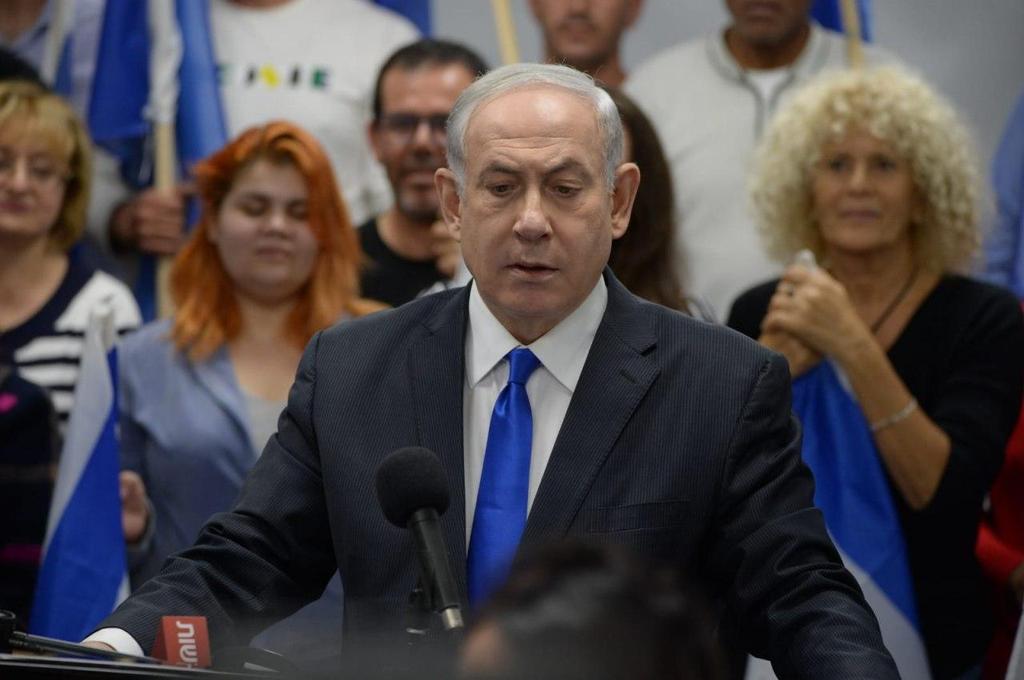Getting your Trinity Audio player ready...
Jerusalem District Court on Tuesday rejected Benjamin Netanyahu's request to delay his corruption trial on the grounds that his defense team has not received all of the relevant material from the prosecution.
The trial will begin in the same court as scheduled on March 17. The prime minister, who is facing criminal charges of bribery, fraud and breach of trust, submitted his request on Sunday through his attorney Amit Hadad.
Hadad cited technical reasons for the request, claiming evidentiary material sought by the defense team months ago has still not been delivered to them.
The start of the trial is set to be similar to a pre-trial, in which both sides attempt to put into the record documents and evidence that are mutually agreed upon.
It is also expected that the list of 333 witnesses named in the indictment will be substantially reduced.
Netanyahu described his indictment as an attempted coup by the judiciary, calling the investigation "tainted and politically motivated" and casting aspersions on Attorney General Avichai Mandelblit and the prosecution.
"The public has lost its faith in the judiciary," Netanyahu said last week, claiming he has no intention of seeking a plea bargain or a pardon and is determined to prove his innocence in court.
The prime minister was indicted last November.



